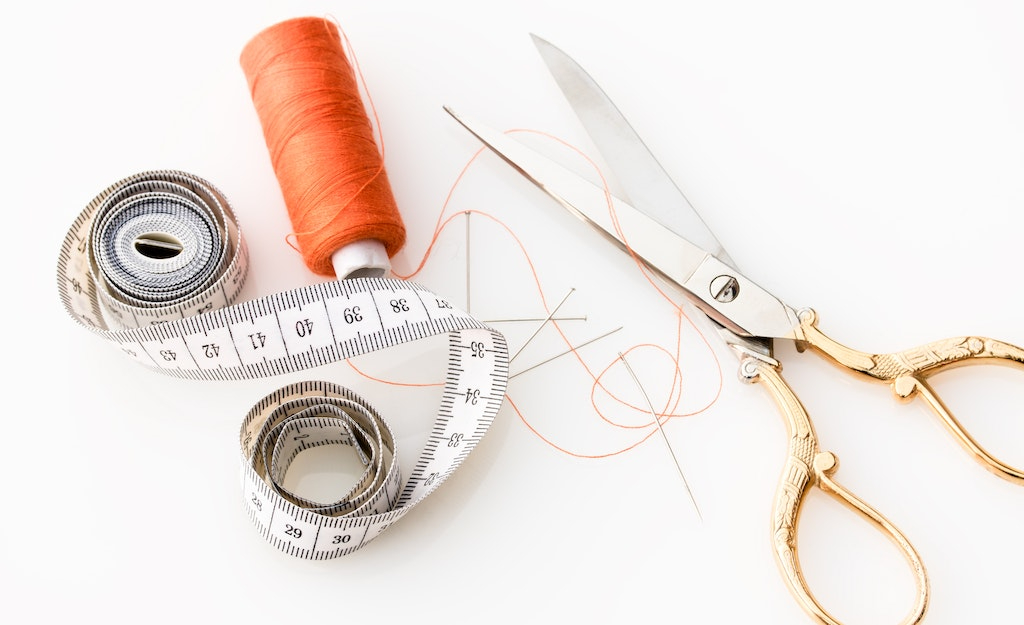Five sewing tips for novices

Sewing offers numerous personal and practical benefits. Whether saving more by sewing clothes or decorating one’s home to improve mental health, this skill can positively impact anyone’s life.
Sewing is an effective stress reliever that allows expression of creativity and helps reduce the risk of anxiety and depression. Sewing can also boost self-confidence since people can make what they wear and display at home to reflect their unique personality and style. In addition, it provides a feeling of gratification, especially after completing a project.
For many, sewing is an effective way to cut down on clothing and home decor expenses. The great thing about sewing items is customising what is created according to taste and preference. One can choose preferred materials from trusted suppliers like Dalston Mill Fabrics, so the result is what is imagined, rather than purchasing only what is available in ready-made apparel. Also, it’s easy to quickly alter or make repairs when necessary, make items last longer, and ultimately save more.
For beginners, here are five sewing tips to get started.
- Begin with easy projects
When starting a sewing hobby, it is best to begin with easy projects. Starting with something simple, one can learn the basics of sewing without feeling overwhelmed. A complicated project for a beginner can cause frustration, and they may lose interest before mastering the skill. Instead, novices might try projects like pillowcases or tote bags that can teach them how to cut the materials, keep seams straight and finish the edges properly.
- Choose quality tools
It is necessary to choose quality tools when starting to sew. While one need not purchase everything at once, a few essential items to get started include fabric scissors, tape measure, pins and a seam ripper. The tool collection can be added to over time with more experience.
- Don’t rush
Sewing calls for patience. Rushing through projects will result in mistakes that can be frustrating. Additionally, mistakes take time to resolve. When starting, it’s worth setting time aside to focus. If a break is needed, there’s nothing wrong with doing so and returning to the project afterwards.
- Keep practising to perfect skills
Like other skills, it takes practice to achieve perfection. When people keep on practising, the likelihood is they will get better. Before getting a project underway, one can experiment with fabric scraps to get familiar with the sewing machine and improve stitching skills. With a bit more experience, it’s possible to work on something more challenging.
- Get tips from others
One of the most effective ways to improve sewing skills is to get tips from others who are more experienced. It’s possible to do this by enrolling in a sewing class or watching sewing tutorials online. One could also create a sewing group with people who share the same interest and learn helpful techniques to improve.
Sewing is enjoyable and rewarding, but it also takes time and patience to master. However, by following the tips above, it’s a great time to start a sewing journey and enjoy its many benefits.
The editorial unit
























Facebook
Twitter
Instagram
YouTube
RSS